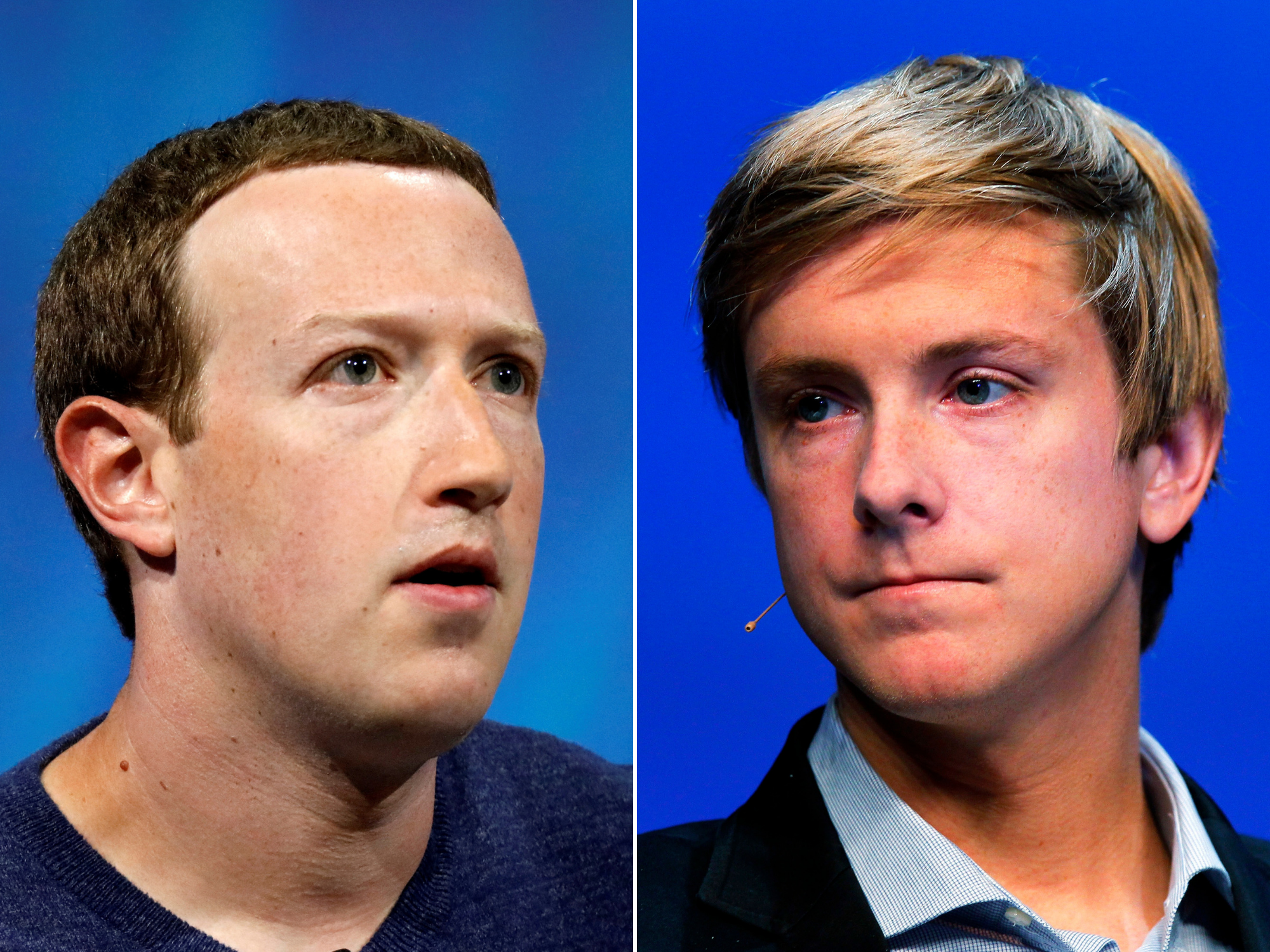- Facebook cofounder Chris Hughes published an op-ed in The New York Times on Thursday calling on the US government to break apart the company and regulate CEO Mark Zuckerberg’s power.
- Hughes said that before turning down a $1 billion offer from Yahoo to acquire Facebook in 2006, Zuckerberg told Hughes he didn’t want to work under a boss.
- Zuckerberg had an “infinitely stronger” drive for domination, Hughes said, which has led the CEO to grow his worth to more than $62 billion today.
- Visit Business Insider’s homepage for more stories.
One of the cofounders of Facebook said that CEO Mark Zuckerberg has eyed the company’s domination of the tech industry since the early days of the social network.
In an op-ed for The New York Times, Facebook cofounder Chris Hughes criticized the company and its CEO for its “staggering” influence over the spread of news, users’ personal data, and the way billions of people communicate. Hughes called on the federal government to take action against Facebook to rein in its power.
Zuckerberg’s ambitions for domination are evident in a story Hughes shared from 2006, when Yahoo offered to acquire Facebook for $1 billion. The deal was poised to make Zuckerberg and others millionaires, and Hughes said that “just about every other person at the company” wanted the CEO to accept the offer.
However, Zuckerberg said he didn’t want to have to work under someone else and eventually turned down the offer, Hughes said.
"Outside of a couple of gigs in college, Mark had never had a real boss and seemed entirely uninterested in the prospect," Hughes wrote in his op-ed. "Domination meant domination, and the hustle was just too delicious."
At the time of Yahoo's proposed deal, Zuckerberg was only 22 years old. Facebook was barely two years old and had only $20 million in revenue. Veterans of Silicon Valley who were serving on Facebook's board, including Peter Thiel and Jim Breyer, encouraged Zuckerberg to take the deal, according to a 2017 book by the former Facebook executive Mike Hoefflinger.
Despite the advice of his experienced board members, Zuckerberg turned down the deal. Yahoo's $1 billion offer seriously undervalued how much Facebook has grown to today - Zuckerberg is now worth more than $62 billion, according to Forbes' billionaires index.
When Facebook went public in 2012, Hughes' share in the company was worth almost as much as Yahoo's offer for the entirety of Facebook six years earlier. Although Hughes hasn't worked at Facebook in more than a decade, he wrote in The Times that he felt "a sense of anger and responsibility" to bring awareness to the potential dangers of Facebook's monopoly.
"Mark may never have a boss, but he needs to have some check on his power," Hughes wrote. "The American government needs to do two things: break up Facebook's monopoly and regulate the company to make it more accountable to the American people."

